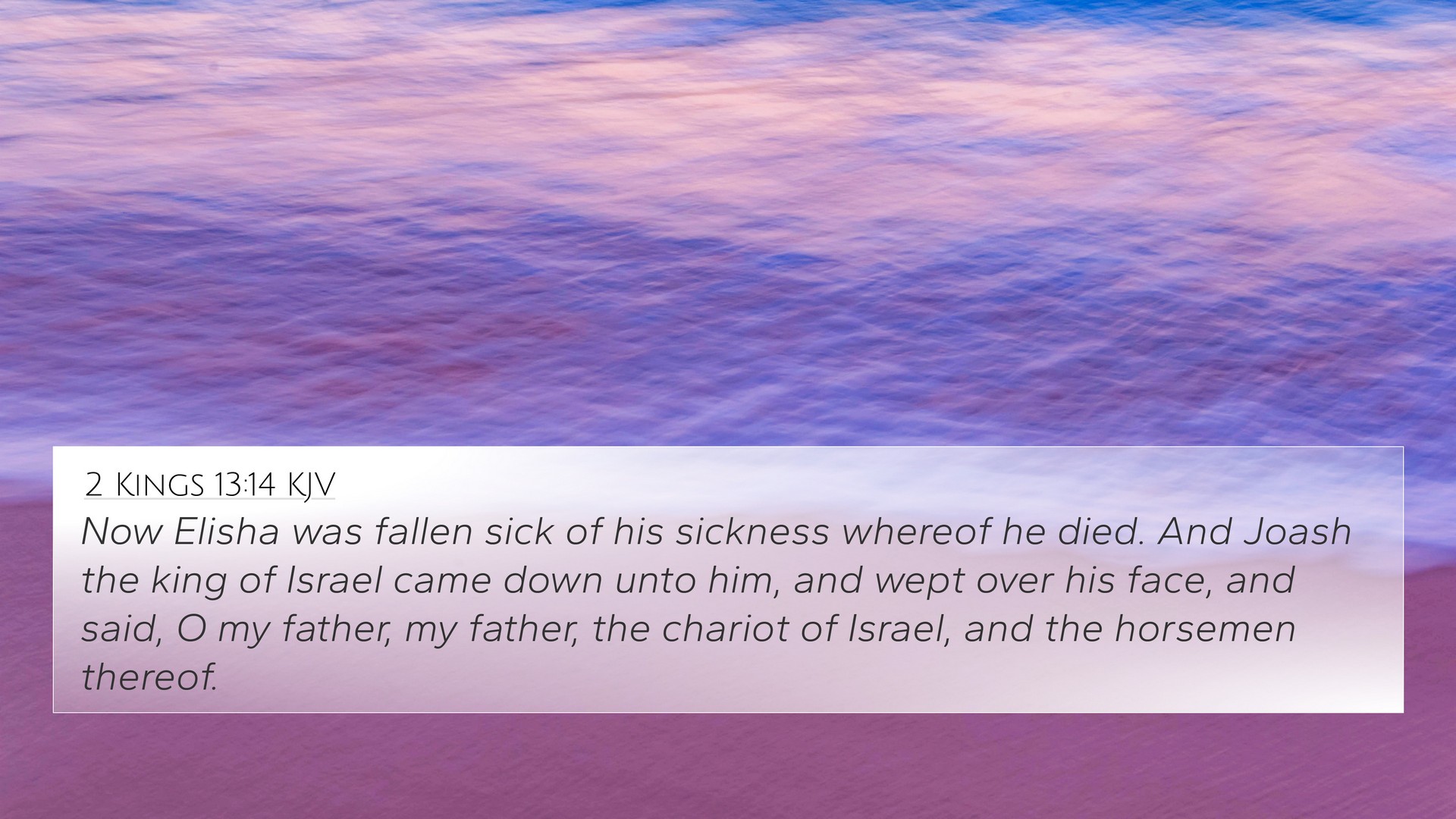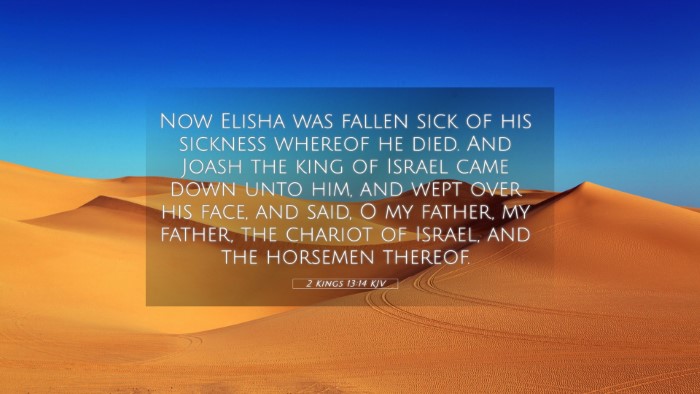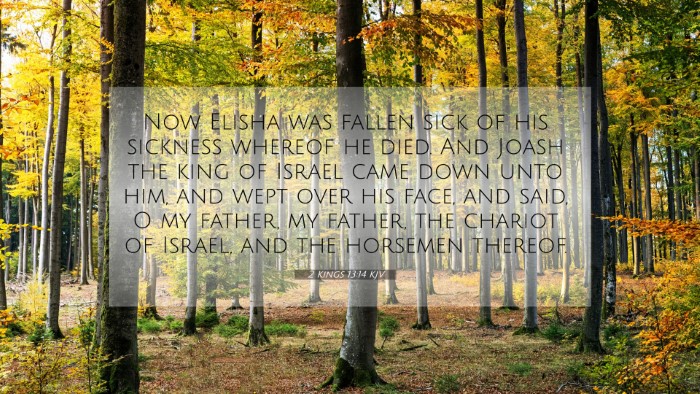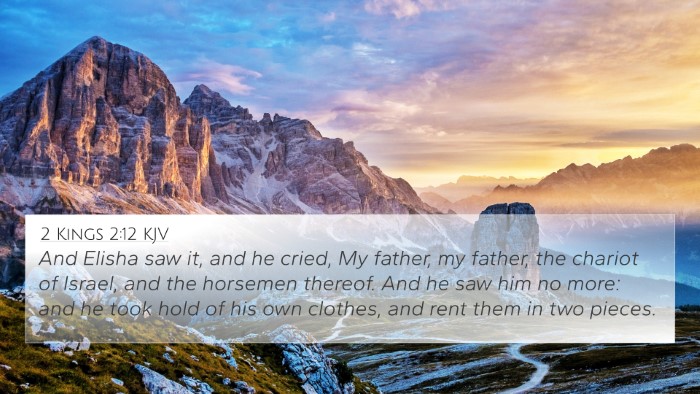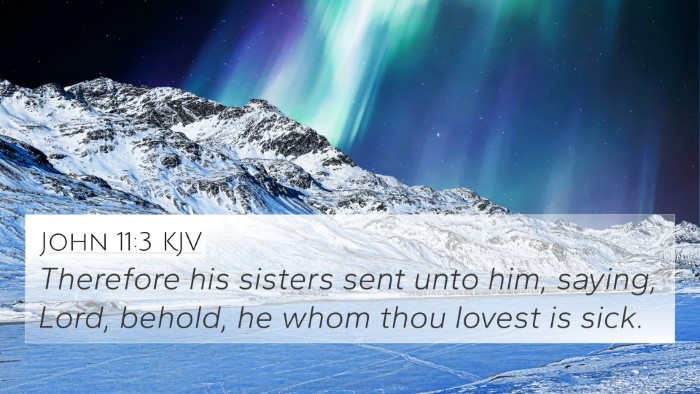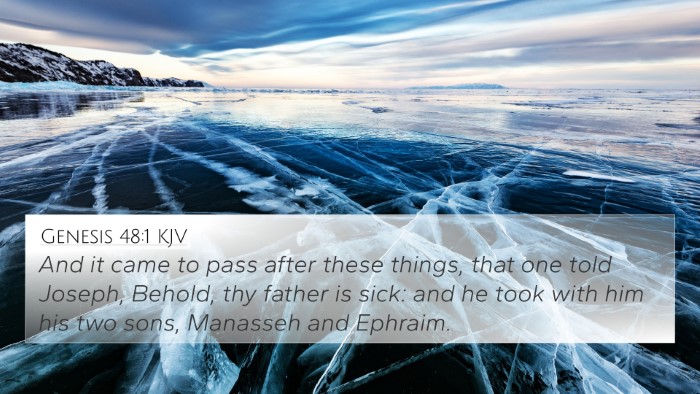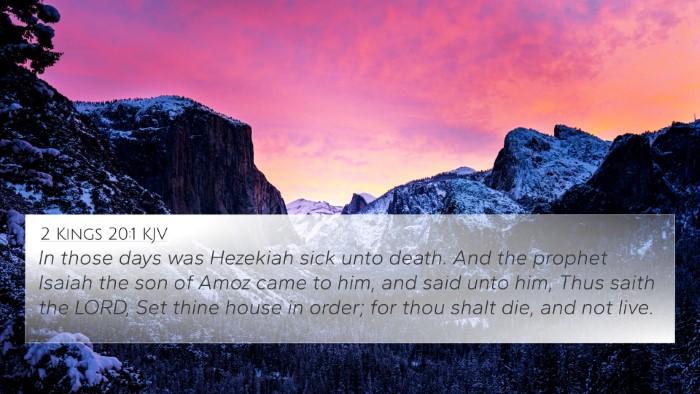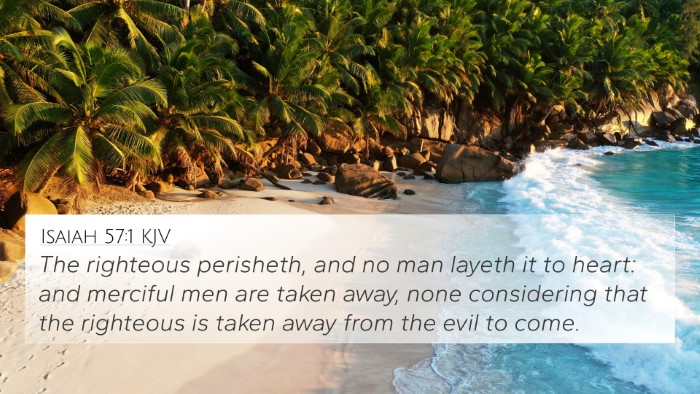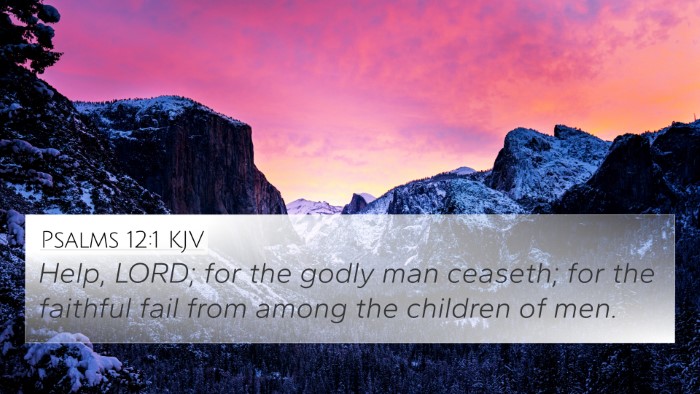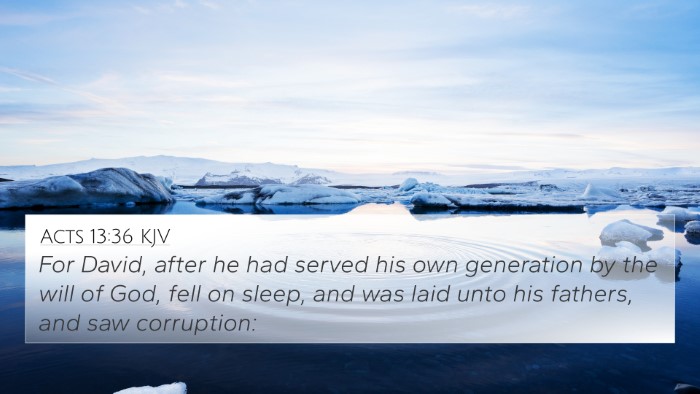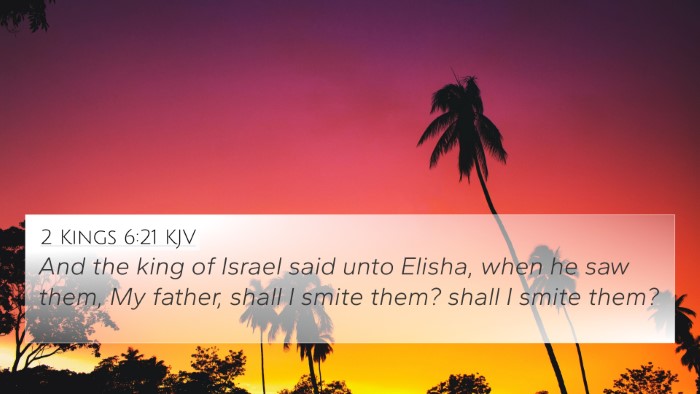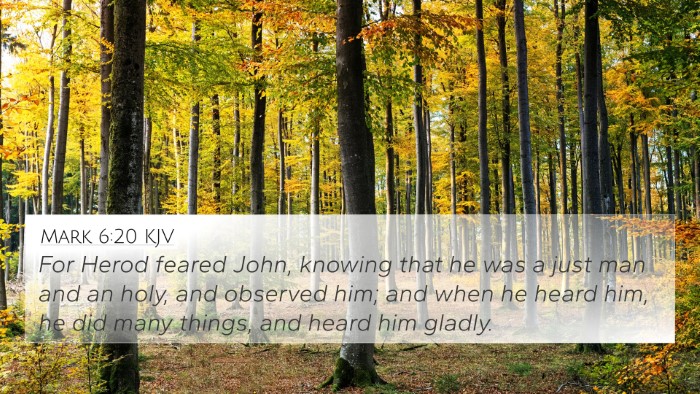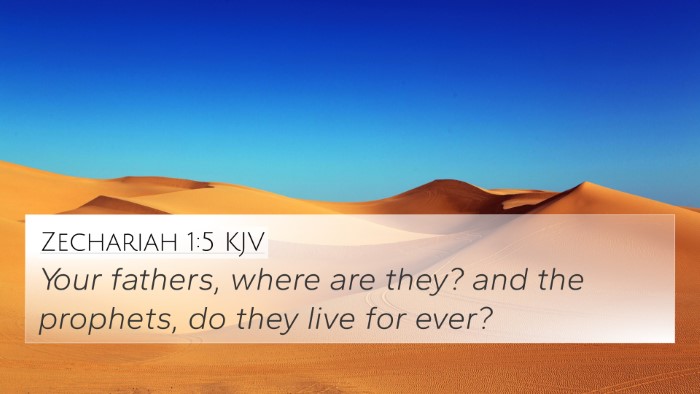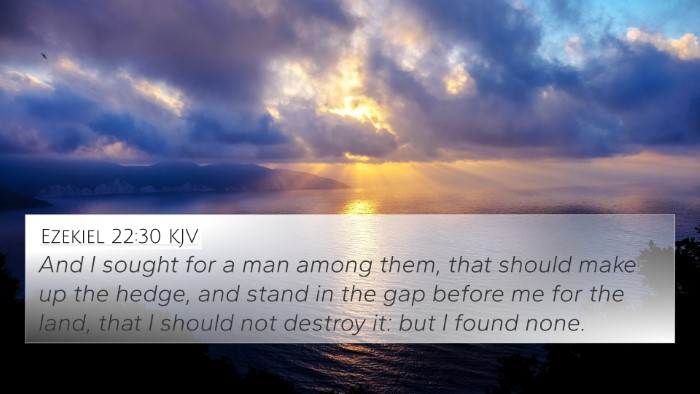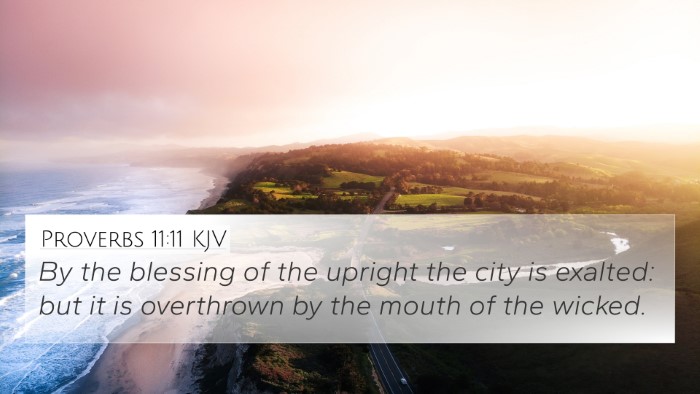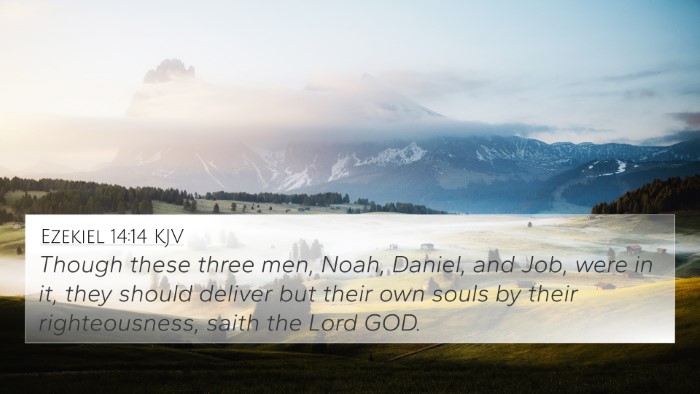Understanding 2 Kings 13:14
2 Kings 13:14 states: "Now Elisha was fallen sick of his sickness whereof he died. And Joash the king of Israel came down unto him, and wept over his face, and said, O my father, my father, the chariot of Israel, and the horsemen thereof." This verse captures the poignant moment of King Joash's farewell to the prophet Elisha. To comprehend the depth of this moment, we draw insights from various public domain commentaries.
Insights from Public Domain Commentaries
Matthew Henry's Commentary
Matthew Henry emphasizes the emotional bond between Joash and Elisha, comparing it to the relationship between Elijah and Elisha. He highlights that Joash acknowledges Elisha as his spiritual guide and mentor, much like a father. Elisha’s wisdom and prophetic insight have been vital to Israel, symbolized by Joash's reference to him as "the chariot of Israel and the horsemen thereof," signifying strength and guidance.
Albert Barnes' Notes
Albert Barnes discusses the significance of Joash’s lament, indicating the crisis that Israel faced with Elisha's death. He points out the recognition of Elisha's role in the nation’s welfare, suggesting that the king felt vulnerable without the prophet's guidance. The expression "chariot of Israel" reflects Elisha's power and influence in the spiritual realm, safeguarding Israel against its enemies through God’s word.
Adam Clarke's Commentary
Adam Clarke elaborates on the historical context, noting that Elisha had served Israel faithfully, even during its trials. Clarke suggests that Joash’s words reveal a nationalistic pride and sorrow, recognizing the prophet's contributions to their victories. This passage underscores the profound respect for prophetic ministry in ancient Israel.
Bible Verse Connections
- 1 Kings 19:19-21 - Elijah's call of Elisha as his successor.
- 2 Kings 2:12 - Elisha's transformation into a prophet after Elijah's ascension.
- 2 Kings 6:17 - The heavenly army that protects Israel, symbolized as chariots.
- 2 Kings 3:14 - Elisha's role in providing counsel to Israel’s kings.
- 2 Kings 2:15 - The recognition of Elisha's spirit after Elijah's departure.
- Romans 12:10 - A reminder to honor those who guide and instruct us spiritually.
- 1 Thessalonians 5:12-13 - To recognize and appreciate those who are over us in the Lord.
Thematic Analysis and Contextual Relevance
This verse not only highlights the personal relationship between Joash and Elisha but also serves as a metaphor for the broader theme of prophetic ministry in the Bible. The connection between a leader and a prophet is essential for understanding the implementation of divine guidance in governance.
The connection between Old and New Testament themes can also be observed in:
- Acts 2:17-18 - The pouring out of the Spirit on all flesh signifies new prophetic voices.
- Hebrews 13:7 - Remember your leaders, those who spoke the word of God to you.
How to Use Bible Cross-References
Tools for Bible cross-referencing can greatly enhance one's understanding of scripture. Consulting a Bible concordance or utilizing a bible cross-reference guide can illuminate connections between related passages like 2 Kings 13:14 and others noted above.
Implementing Cross-Referencing in Study
Cross-reference Bible study enables a deeper dive into scriptural themes, allowing believers to draw parallels effortlessly:
- Utilize a Bible cross-reference system to identify specific verses related to your study topic.
- Engage in cross-referencing Bible study methods, such as thematic studies or verse mapping.
- Refer to comprehensive Bible cross-reference materials that compile various connections and themes in scripture.
Conclusion
In closing, 2 Kings 13:14 encapsulates the essence of prophetic influence and the emotional bonds formed through spiritual mentorship. The reflections from Matthew Henry, Albert Barnes, and Adam Clarke provide a rich context that enhances the understanding of this passage. By employing cross-referencing techniques, one can further explore the interconnected themes throughout the Bible.
